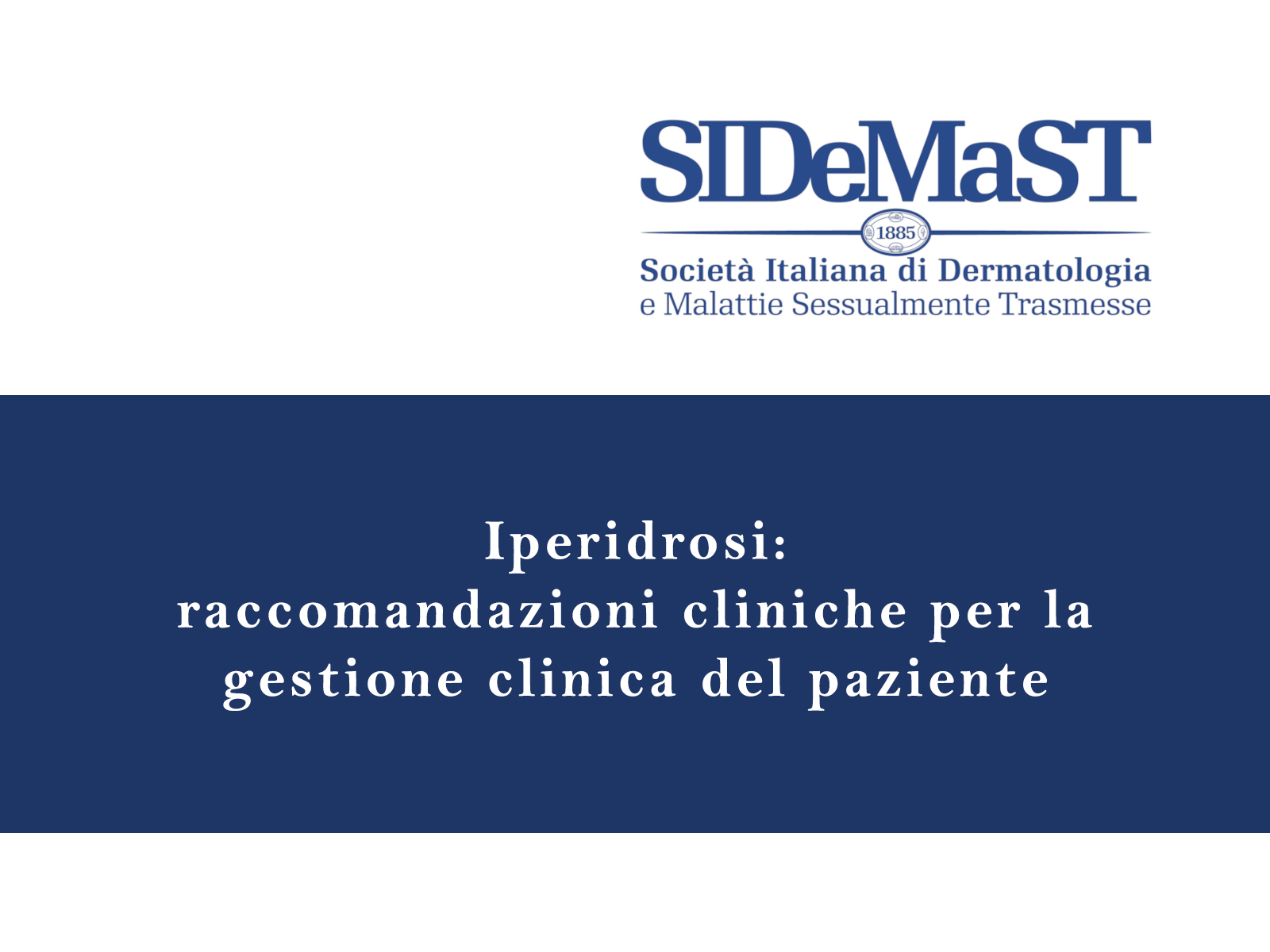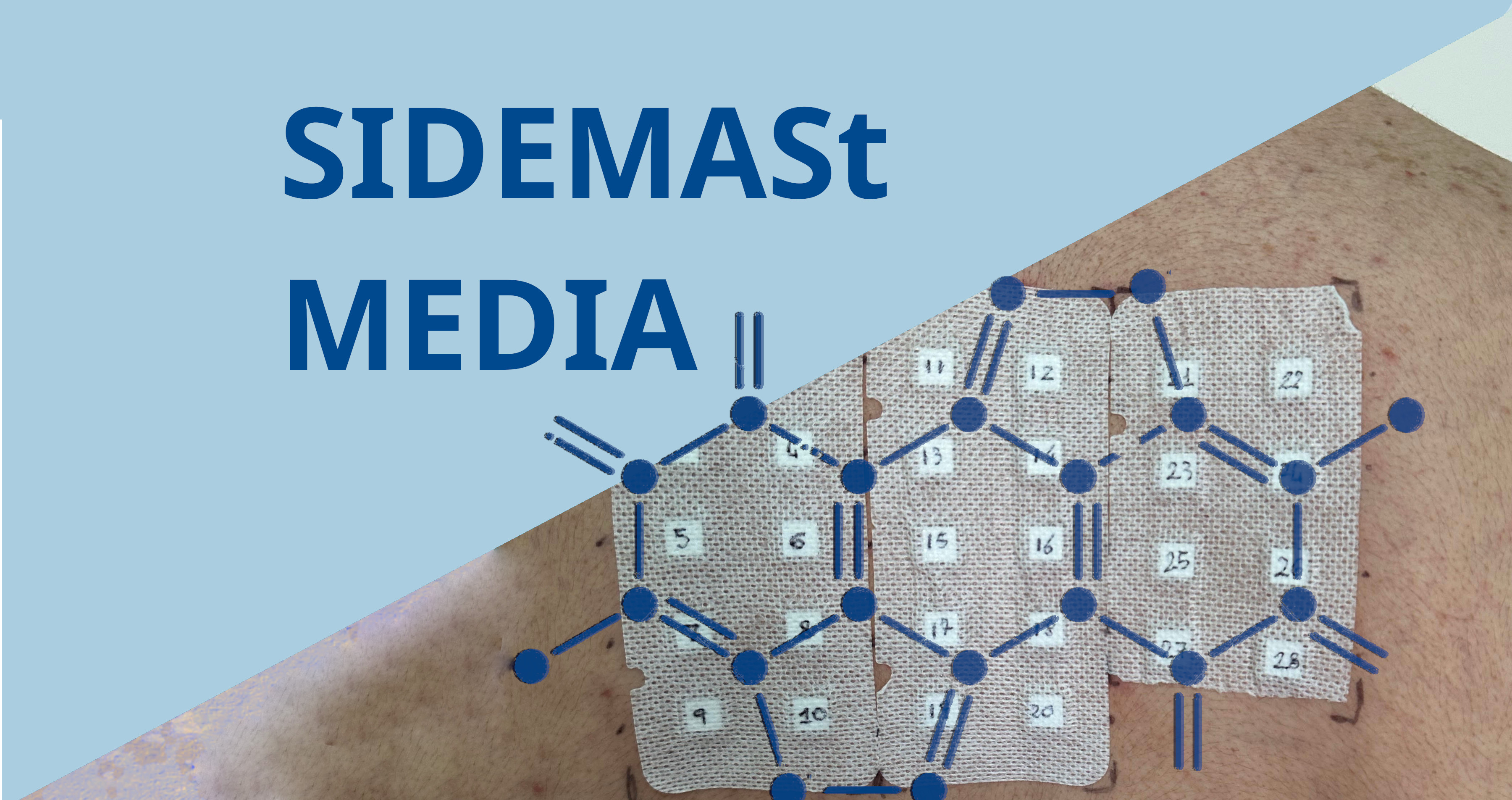Tofacitinib demonstrated superior efficacy versus placebo in the treatment of active psoriatic arthritis (PsA) that has previously not responded well to treatment, as well as demonstrating an acceptable safety profile, according to results of the phase 3 OPAL Beyond study presented at the 2016 Annual Scientific Meeting of the American College of Rheumatology/Association of Rheumatology Health Professionals.
"This is the first report of a clinical trial of any drug for active PsA in a population restricted to patients with an inadequate response to tumour necrosis factor inhibitor," said lead author of the late-breaking poster Dafna D. Gladman, MD, University of Toronto and Toronto Western Hospital, Toronto, Ontario, Canada. "Tofacitinib represents a potential future treatment option for PsA."
Dr. Gladman and colleagues randomised 394 patients (2:2:1:1) to tofacitinib 5 mg twice daily (BID) for 6 months (n = 131; 122 completed treatment), tofacitinib 10 mg BID for 6 months (n = 132; 111 completed treatment), placebo for 3 months followed by tofacitinib 5 mg BID (n = 66; 56 completed treatment) or 10 mg BID (n = 65; 56 completed treatment) for 3 months. Every patient also received ongoing treatment with a disease-modifying anti-rheumatic drug. Of the 394 patients treated, 345 (87.6%) completed 6 months.
Significantly greater improvements were evident for patients receiving tofacitinib 5 and 10 mg BID compared with placebo in American College of Rheumatology (ACR)20 response rate at 3 months (49.6% and 47.0%, respectively, vs 23.7%; both P < .0001) and Health Assessment Questionnaire - Disability Index (HAQ-DI) at 3 months (-0.39 and -0.35, respectively, vs -0.14: P < .0001 and < .001, respectively). The superiority of tofacitinib was apparent as early as week 2 (26.7% and 28.8%, respectively, vs 13.0%; both P ? .05). Responses and improvements were still evident at 6 months.
During the 3-month placebo-controlled period, adverse events (AEs) were more prevalent in those receiving tofacitinib 5 mg (55.0%) and 10 mg (53.0%) compared to placebo (44.3%). AEs were less prevalent in patients who transitioned to tofacitinib after 3 months. Serious AEs and discontinuations due to AEs were low in frequency. The most common AEs in the total population were upper respiratory tract infection (5.3 to 10.8%), nasopharyngitis (1.5 to 10.7%), and headache (4.5 to 9.1%). There were no deaths, malignancies, gastrointestinal perforations, cases of Mycobacterium tuberculosis, or interstitial lung diseases.
At baseline, the groups were comparable. Eligible patients had been diagnosed as having PsA for at least 6 months prior to enrollment. They displayed active arthritis that was evident as 3 or more tender or painful joints and 3 or more swollen joints at the time of enrollment and at the time of first treatment. The patients also had active plaque psoriasis at screening. Treatment with 1 or more tumour necrosis factor inhibitors had been unsuccessful, either because of inadequate effect of the drug or development of an AE.
"The heterogeneous nature of PsA makes achieving treatment goals with a single agent difficult, and current treatments are not effective in all patients," wrote Dr. Gladman and colleagues. "Therefore, an unmet need exists for new therapies with an alternative mechanism of action to control and manage PsA."
Tofacitinib is an orally administered Janus kinase inhibitor currently licensed for the treatment of rheumatoid arthritis.
PsA is a chronic inflammatory disease that features inflammation and destruction of joints. The result for affected individuals is disability that gets progressively worse, featuring skin lesions, enthesitis, dactylitis, spondylitis, and a diminished quality of life.
Funding for this study was provided by Pfizer Inc., New York, New York.
[Presentation title: Efficacy and Safety of Tofacitinib, an Oral Janus Kinase Inhibitor, in Patients with Active Psoriatic Arthritis and an Inadequate Response to Tumor Necrosis Factor Inhibitors: OPAL Beyond, a Randomized, Double Blind, Placebo-Controlled, Phase 3 Trial. Abstract 10L]










